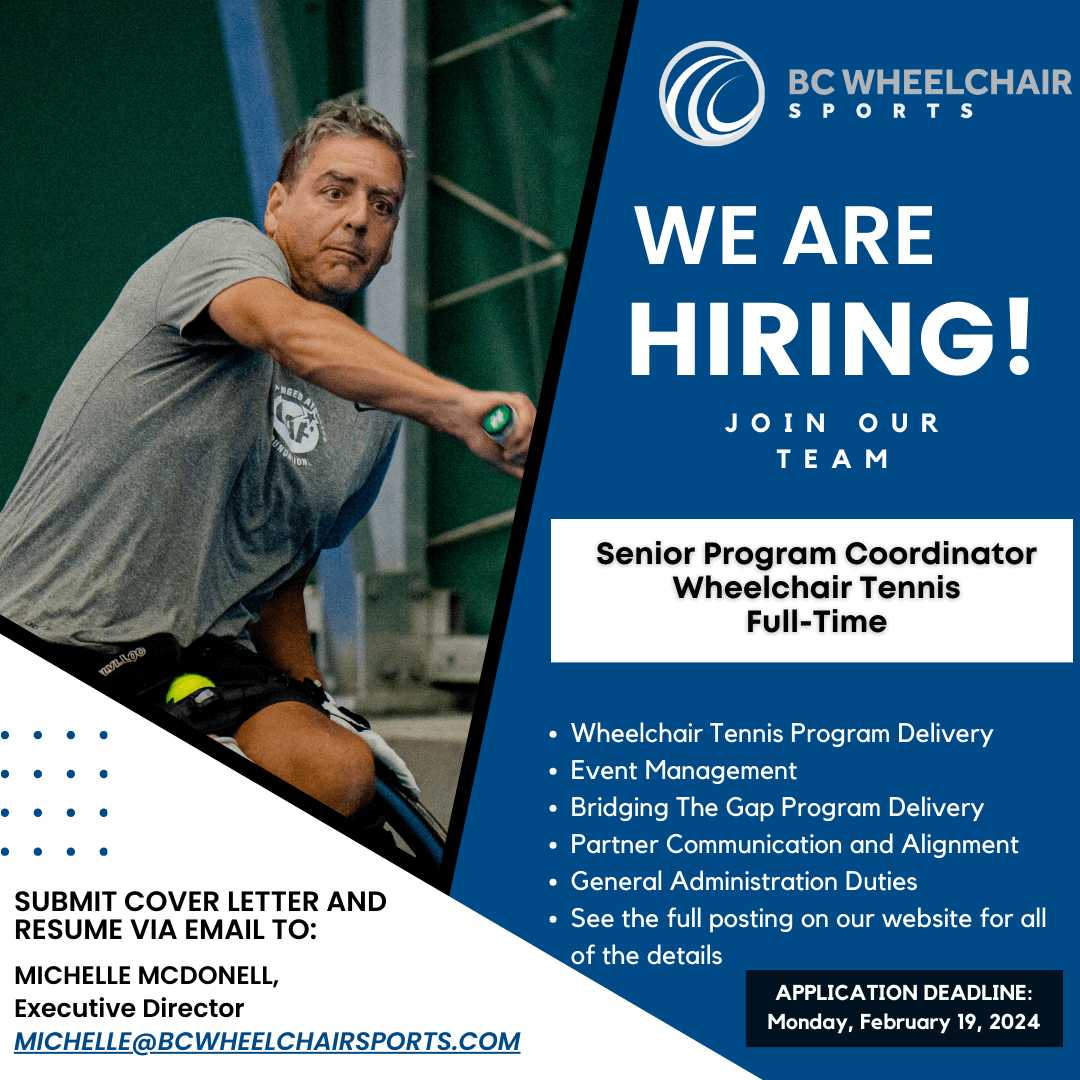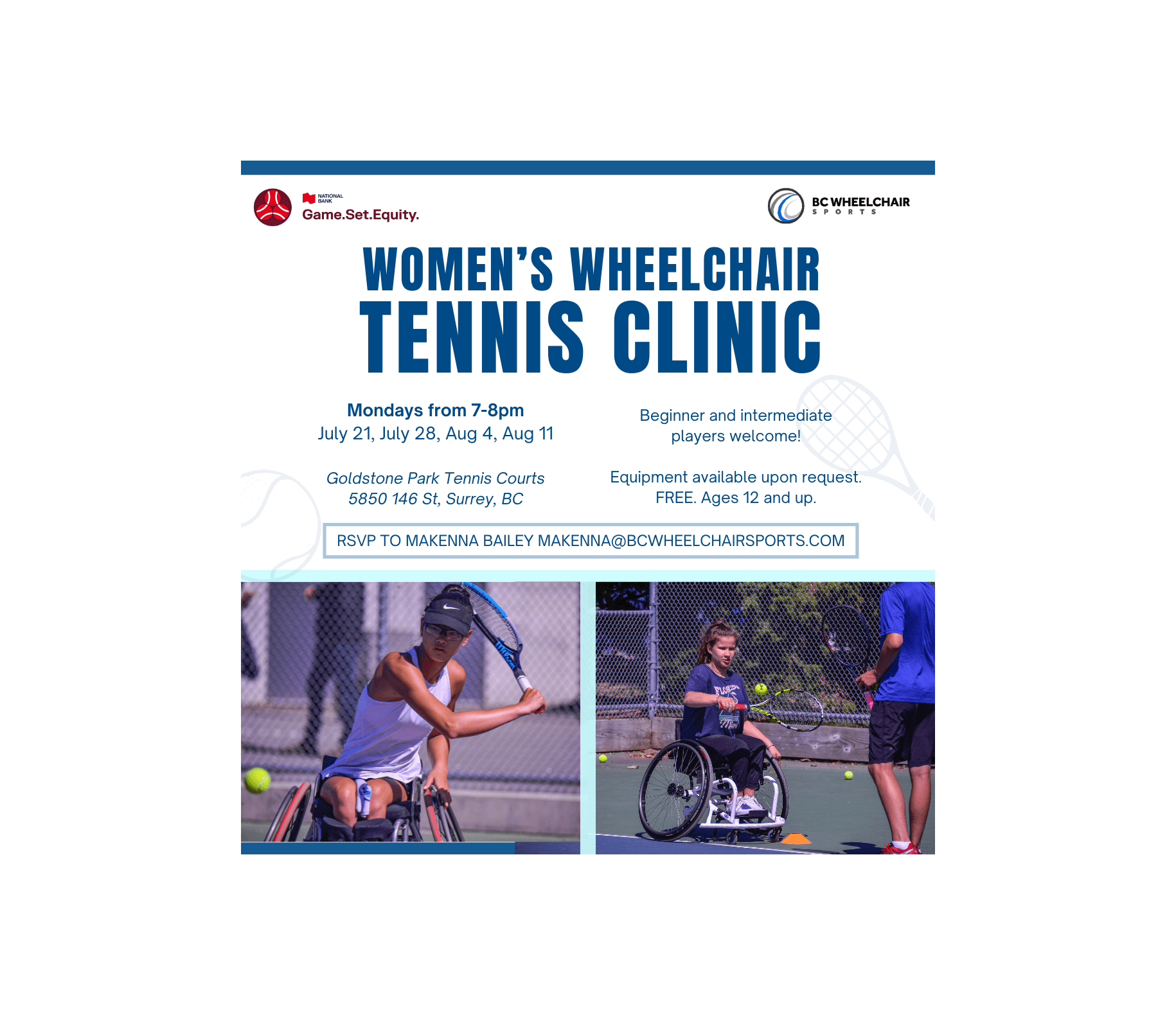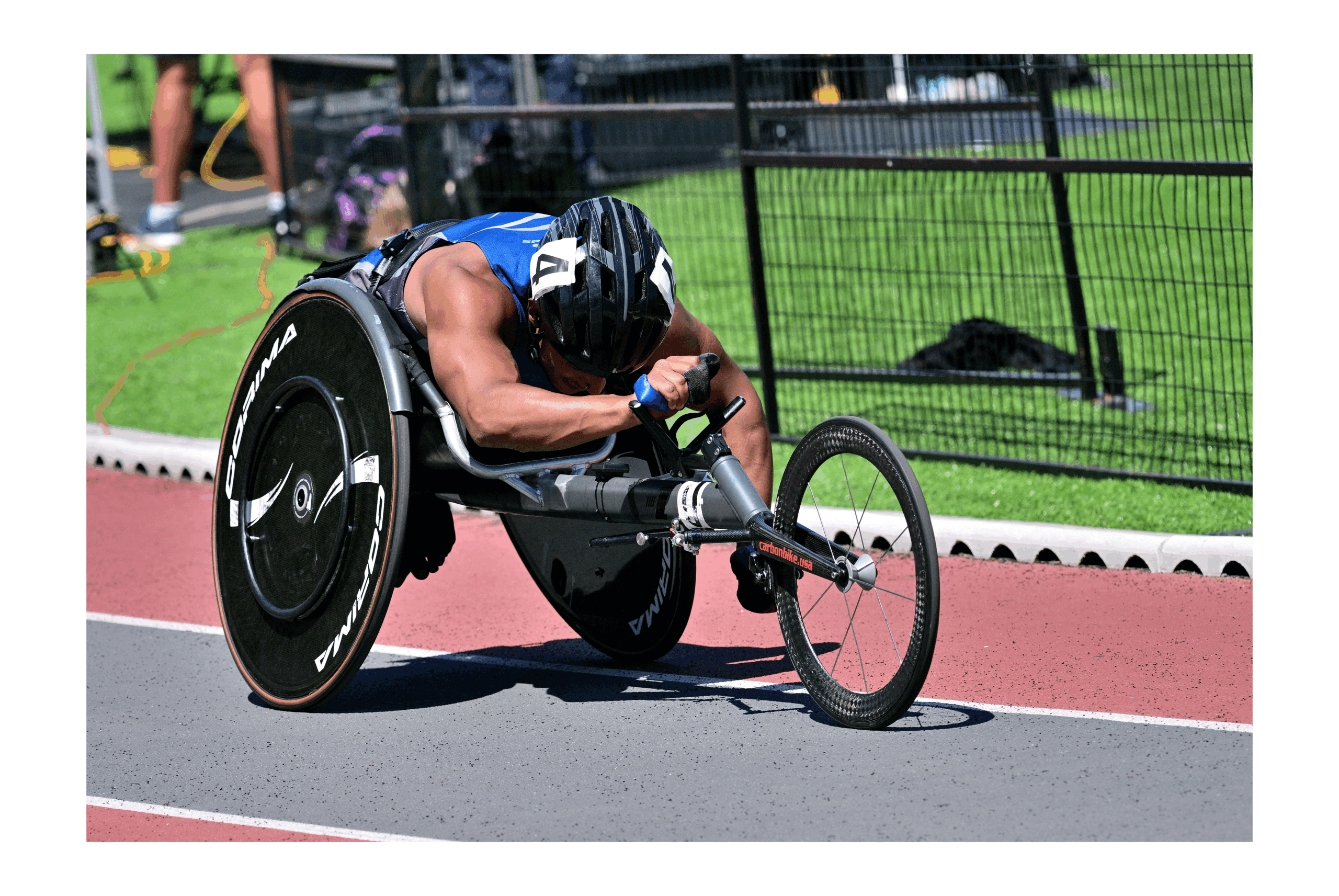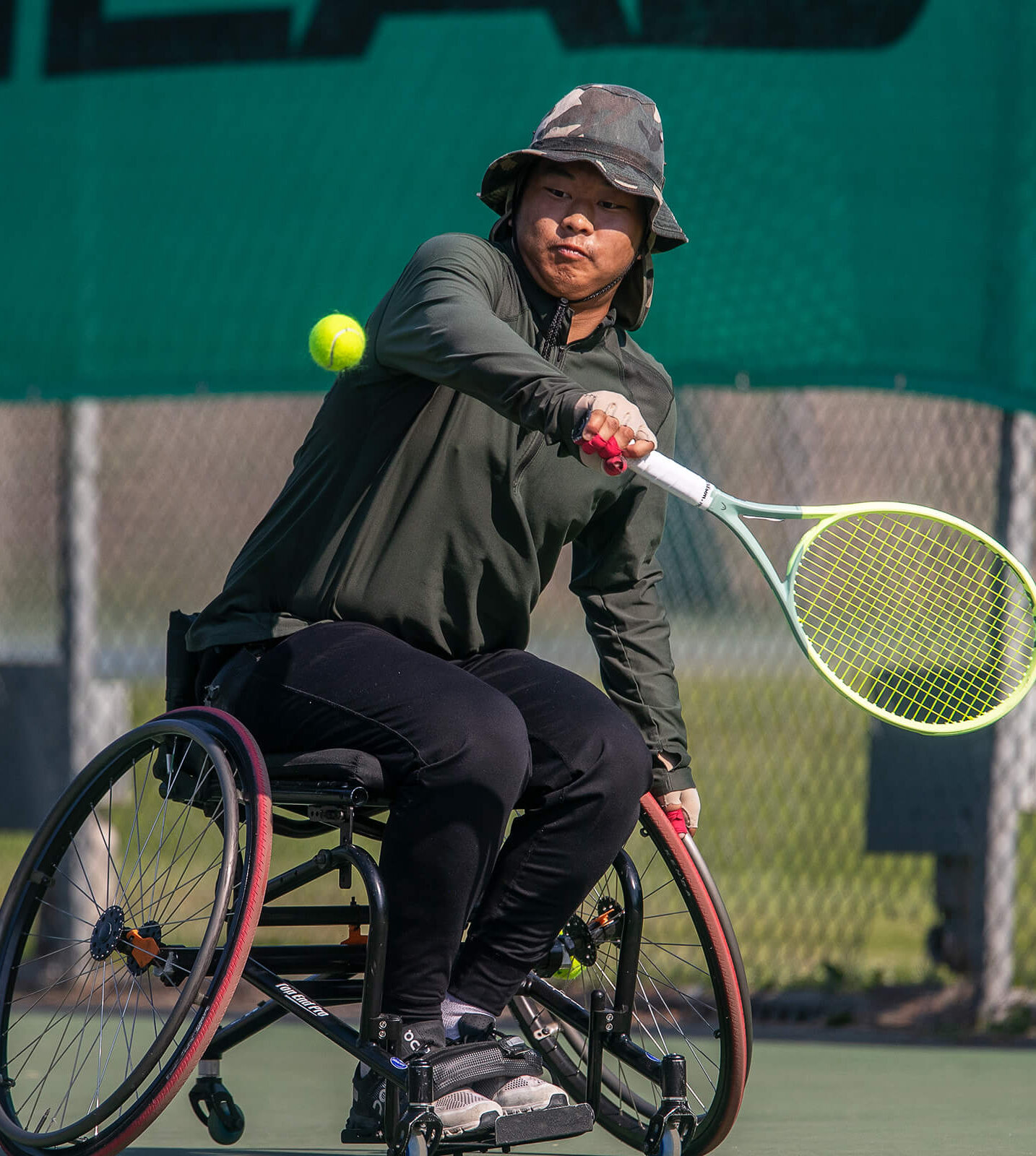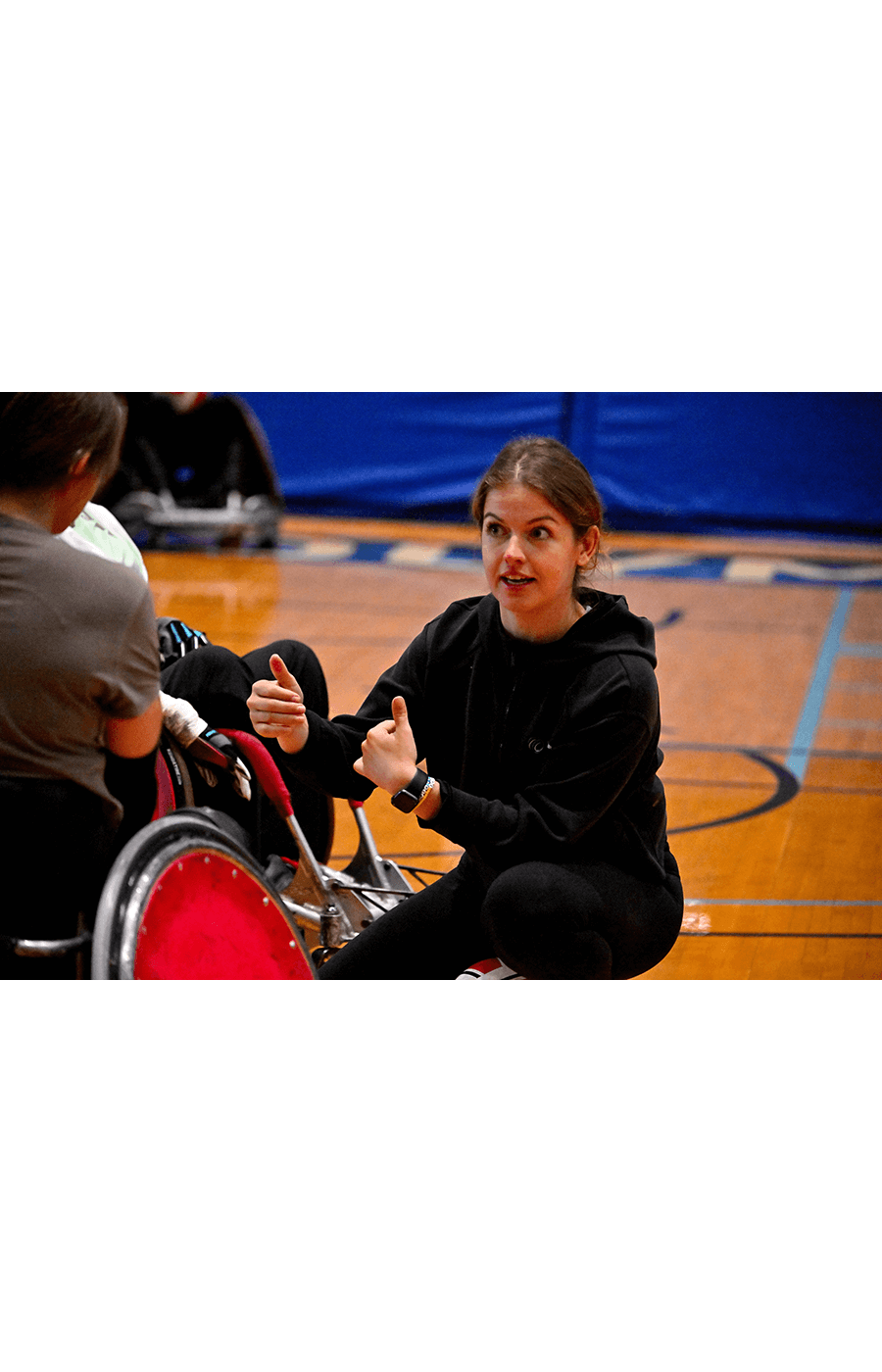-
Athlete/Ambassador Profile: Richard Peter
-
massive-dev | November 30, 2020
Richard Peter is a trail-blazing Paralympian, proud member of Cowichan Tribes, and an ambassador for BCWSA’s Indigenous Bridging the Gap (IBTG) Program.
Bear as he’s known to most of those close to him is one of Canada’s greatest wheelchair basketball players of all-time and the first Indigenous man to represent Canada at a Paralympic Games in any sport.
Bear was introduced to wheelchair sports when a wheelchair basketball demo team visited his high school and discovered his natural talent and athleticism. He started playing regularly and taking frequent trips to Vancouver before moving to the city in the early 1990s in order to take his athletic career to the next level.
When Bear first started out in sport, he used BCWSA’s wheelchair loan program which provided him with equipment at a low cost and allowed him to try a number of sports including basketball and tennis.
“Coming from a small town and living on reserve, I had some challenges with the cost of parasport, the wheelchair loan program helped a lot and let me try a number of different sports.”
Bear made his debut with Team Canada at the 1994 World Championships in Edmonton and went on to have a decorated 20-year career in which he competed at five Paralympics, winning 4 medals (3 gold and 1 silver) and multiple world championships. The support of his family and community was crucial to his success.
It was a great honor for me to represent Canada and for me to represent my people and my tribe back home too, Cowichan Tribes presented me a track suit for the Paralympics and I wore that as much as I could at my first games in Atlanta in 1996.”
While he’s been retired from wheelchair basketball for several years, Bear continues to stay active and plays a number of sports. Recently he’s taken up the relatively new sport of para badminton and represented Team Canada at the 2019 Parapan Am Games in Peru.
Outside of sport, Bear works for the Praxis Spinal Cord Institute as their Indigenous People’s Liason and has previously worked for Spinal Cord Injury BC and BCWSA, roles in which he’s had the opportunity to give back to both Indigenous and Disability Communities.
As an ambassador for the BCWSA Indigenous The Gap Program, Richard aspires to help more Indigenous People with Disabilities not only get involved in sport, but also get active for life.
“I want to encourage people to try things,when I first introduced to wheelchair sports, I didn’t want to participate, but it’s opened so many different doors. Through sport I’ve met my wife, travelled the world, found jobs. I always try to give back and with Indigenous Bridging the Gap, I can introduce sport to up-and-coming Indigenous athletes. They don’t have to be a high-performance athletes, it’s all about becoming active!”
The IBTG program isn’t just about sport, it also allows people to meet mentors and role models like Richard who can show them what’s possible with a disability.
“I want to show people that they can enjoy recreation, whether that’s horseback riding or fishing – anything that you think you can’t do that because of a disability is still possible! I want to show that are a lot of adaptions and programs that can make any activity that they enjoy achievable, whether it’s hunting, basketball or skiing. There is a way to do the things you love again.”
To learn more about the IBTG program and how to get involved in wheelchair sports, please contact
Savanna Smith (She/Her)
BCWSA Indigenous Bridging the Gap Coordinator
btg@bcwheelchairsports.com
